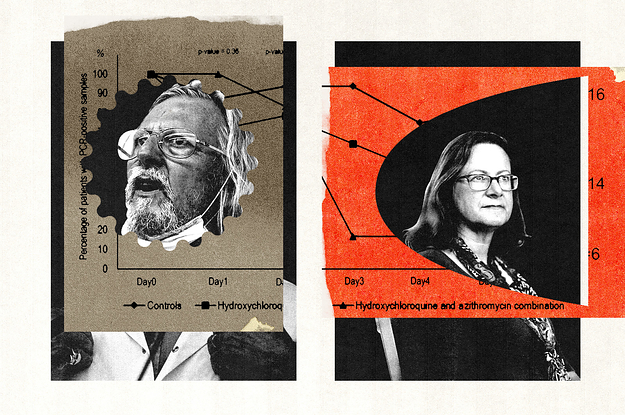Are you finding it harder than ever to concentrate? Don’t panic: these simple exercises will help you get your attention back
Picture your day before you started to read this article. What did you do? In every single moment – getting out of bed, turning on a tap, flicking the kettle switch – your brain was blasted with information. Each second, the eyes will give the brain the equivalent of 10m bits (binary digits) of data. The ears will take in an orchestra of sound waves. Then there’s our thoughts: the average person, researchers estimate, will have more than 6,000 a day. To get anything done, we have to filter out most of this data. We have to focus.
Focusing has felt particularly tough during the pandemic. Books are left half-read; eyes wander away from Zoom calls; conversations stall. My inability to concentrate on anything – work, reading, cleaning, cooking – without being distracted over the past 18 months has felt, at times, farcical.
Continue reading...